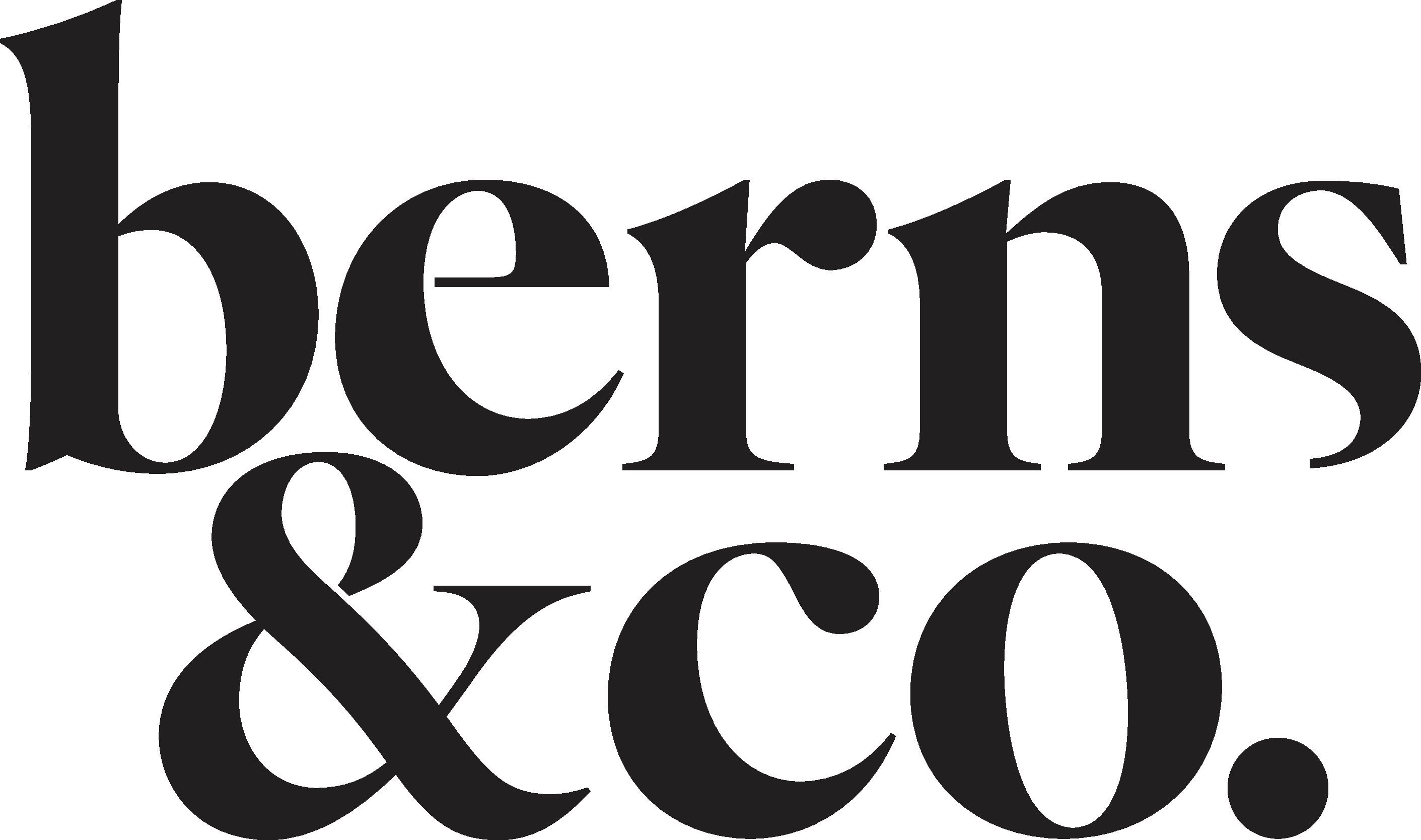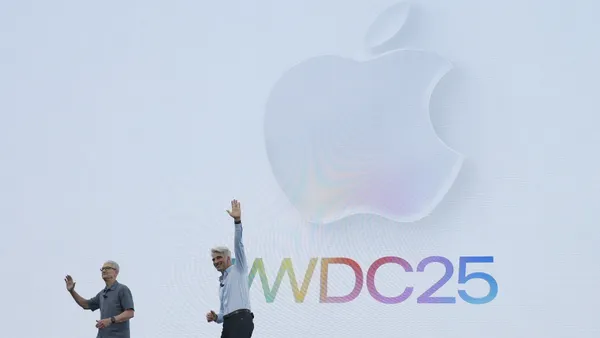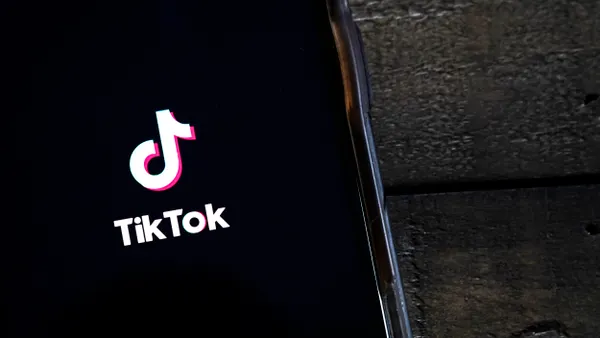Dive Brief:
- The World Federation of Advertisers conducted a study in May that found marketers are making changes to their digital media governance practices by taking more control over digital advertising and spending, per The Wall Street Journal.
- Some of the findings include: 38% of respondents added clauses to agency contracts that define how much ownership they have over data and control over the technologies agencies use on their behalf; 41% said they plan on taking more control over programmatic spending, and 53% added “audit right” clauses to contracts over the past year with 53% also adding clauses related to media rebates.
- Another trend is brands taking digital marketing activities in-house, including media buying. The Journal report used spirits company Pernod Ricard as an example, with global digital acceleration director Antonia McCahon stating the brand has “revved up significantly” its in-house digital media spending to 25% via the Pernod Ricard Media Hub.
Dive Insight:
The report puts some numbers behind a trend that has been evident in 2017 as brands seek out more efficient and effective ways to reach get in front of consumers across a growing number of media channels. Brand marketers like P&G, JPMorgan Chase and Unilever have been active in seeking lower costs, redefining digital practices, rethinking their relationships with ad agencies and taking some media tasks in-house.
The findings also illustrate the challenges facing traditional ad agency holding companies as brands seek more control. At one time, these companies had a virtual monopoly on advertising, but due in part to a reluctance to adopt to the changing digital marketing world, the agency business is being upended. The agency industry has also recently been rocked with a rebate scandal and brands have become much more willing to audit their agency partners.
Management and financial consultancies have recognized the fraying relationship between brands and agencies, leading Accenture, Deloitte and others to open digital services divisions that compete directly with ad holding companies like Publicis and WPP. As a result of all of these developments, the digital media landscape could look very different once all the dust settles.











